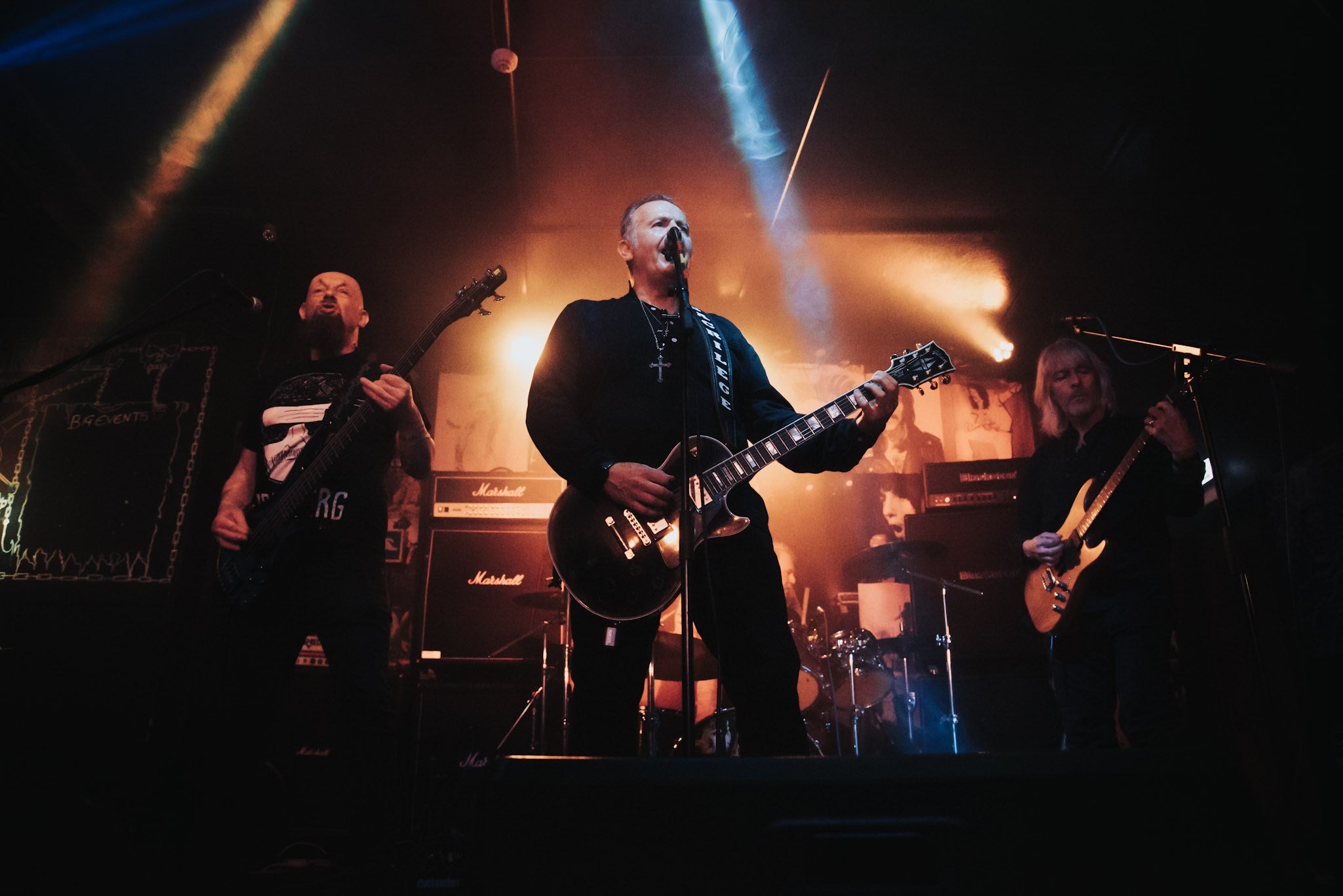
our history
The Carlisle History
Nestled on Pelham Street in the heart of its community, the Carlisle Pub holds a storied past that unfolds like the pages of a bygone era.
The Carlisle Pub's history is a rich tapestry woven with the threads of innovation, bankruptcy, and community engagement, making it an enduring emblem of Pelham Street's heritage.
Join us on a journey through time as we delve deeper into the remarkable story of the Carlisle Pub.
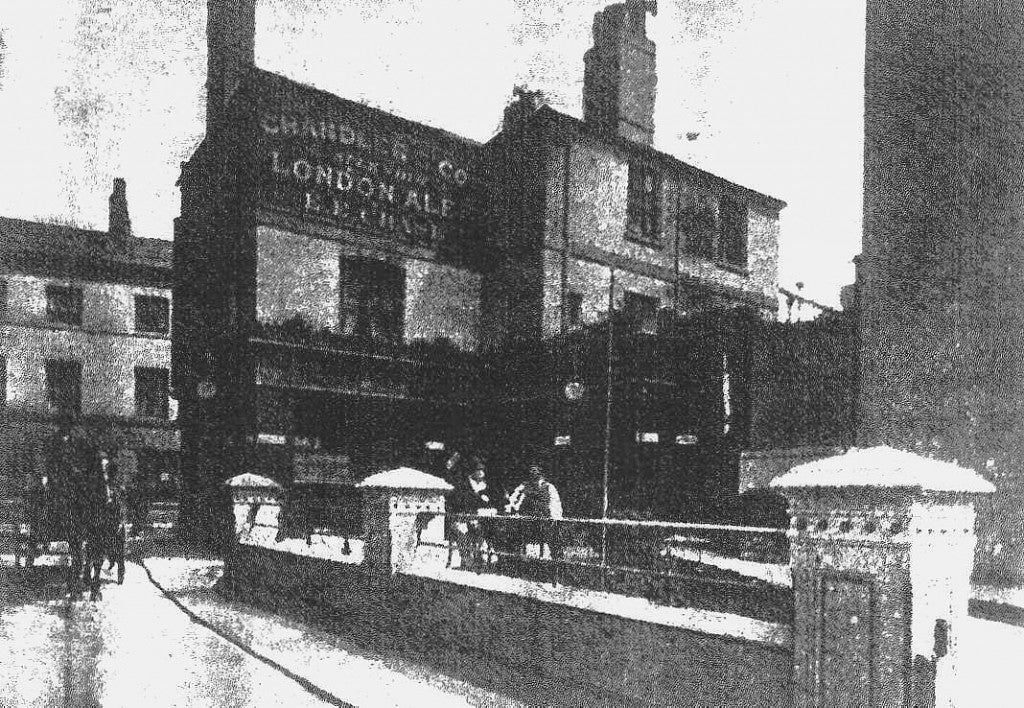
1800's
In 1825, Richard Chandler, a man with an entrepreneurial spirit, erected a tavern on the site of an old tannery, breathing life into the Pelham Arms.
This establishment became a hub for various local societies, hosting political debates as well as providing musical entertainment to the general public. The Chandler family's association with the Pelham Arms endured until 1892 when the venue transformed into the Carlisle Hotel.
Throughout its history, this inn was not only a place to rest but also a meeting point for early rowing clubs and licensed watermen, ringing with live music in the 1840s and embracing a liberal spirit by the 1880s.
In 1873, the original house met its end, making way for an extension. By 1892, this extension grew further, giving rise to the Carlisle Hotel. The name was likely inspired by Carlisle Villas, the residences behind the pub that obscured its view of the sea. During the 1890s, the pub saw a succession of landlords, including Thomas Brown, a county cricketer and straw-hat manufacturer, whose financial recklessness led to bankruptcy in 1894.
Earnest Chase briefly assumed control in 1899 but followed a similar path, facing bankruptcy within 18 months. Yet, during his tenure, he established the Carlisle Cup, an annual award for local footballers.
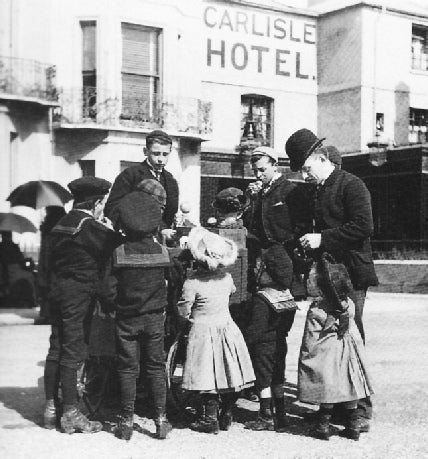
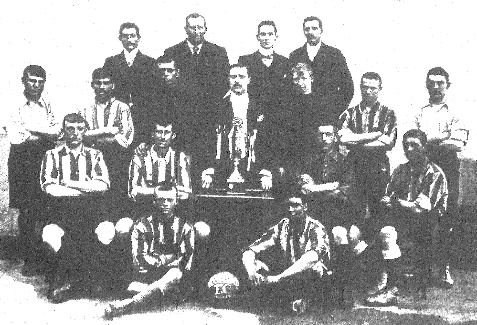
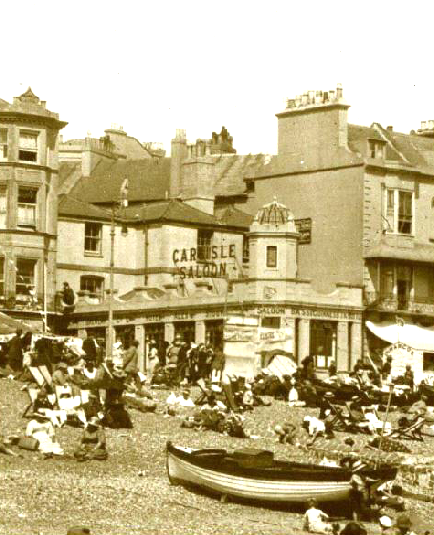
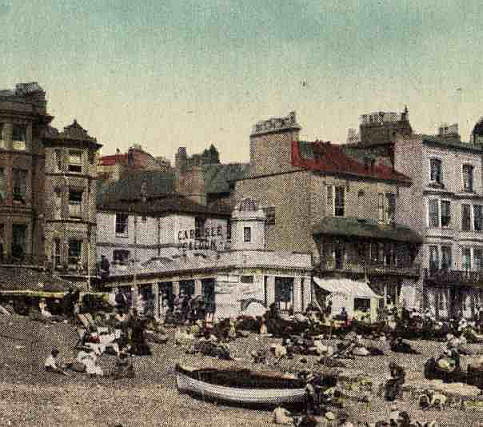
1900 - 1960
As the inter-war years dawned, the pub's success surged, prompting the construction of a modernist-style ground floor extension in 1920. Designed by the innovative architect Andrew Ford of the Star Brewery in Eastbourne, this extension brought a touch of modernity to the venue.
By 1930, plans for a new road and sea wall emerged, necessitating the removal of Carlisle Villas and the 1920 extension. By 1934, the venue had already undergone significant changes. A function room and a rooftop beer garden were added, which, although enhancing the experience, had their quirks. The rooftop garden, for instance, led to the occasional mishap of customers spilling beer onto passers-by and even dropping glasses.
In 1938, alterations were made to remove some internal walls, marking the beginnings of the pub's transformation into its familiar form. Rebranded as the 'Carlisle Saloon,' the pub became a notable venue for billiards, snooker, and darts tournaments, hosting some of the town's most prestigious events. It made history by staging the first public ladies' snooker match in Hastings, featuring N. Lawrence and T. Kirkpatrick.
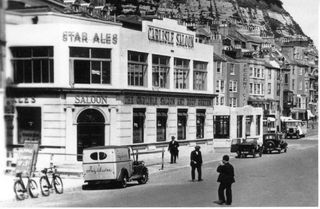
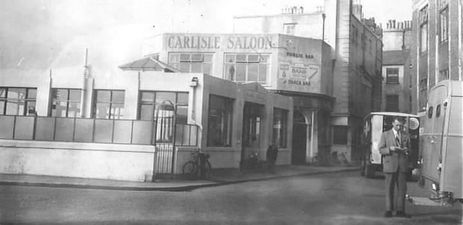
During World War II, the Carlisle Pub temporarily closed its doors and may have served as a uniform store for troops stationed in the town. Despite its prime location, there is no evidence to suggest that guns were ever placed on the roof. Its survival during the war, though not unscathed, set it apart from some of its neighboring establishments.
In May 1945, the Carlisle Pub emerged from the wartime shadows as one of only two local pubs with a music license. The Debonair's Dance Band graced its stage, ushering in a musical era. The 1950s saw Carlisle Parade, also known as Teddy Boys' Walk, become a battleground for clashes between 'Teds' and soldiers from Lydd Army Camp.
Despite resistance to further development, changes continued to shape the Carlisle's identity. The original building in early photographs evolved into the structure we recognize today, possibly in sync with the creation of a new front line in Hastings.
One of the most enduring associations with the Carlisle Pub comes from the countless bikers who found a warm welcome within its walls. The annual May Day run and the pub's inviting atmosphere made it a haven for bikers.
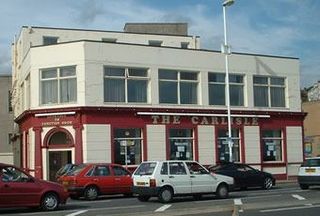
1960 - 1980
In the 1960s, the pub underwent a transformation, converting its lounge into the Ocean Bar, a stage that welcomed the Commanders Show Band. This shift marked the beginning of an intriguing journey as the Carlisle evolved into a hub that attracted a kaleidoscope of youth cultures. Rockers, Greasers, and Hell's Angels flocked to the pub, leaving an indelible mark on its atmosphere.
However, Easter Monday in 1981 brought a moment of turmoil to the Carlisle's history. A group of unruly skinheads descended on the pub, causing chaos and unrest. Promptly, the authorities were called, and the crowd was directed up Bohemia Road to the Oval, where 18 arrests were made.
From 1983 to 1986, the Carlisle Pub was under the stewardship of Tony Shipley, who also managed the Lord Nelson. His leadership saw the beginning of a new chapter as bikers, customers of the Lord Nelson, followed him to the Carlisle. Gradually, the pub transformed into a favored haunt for bikers from all corners of the country.
Between 1987 and 1990, the Carlisle's license was held by Julian Deeprose and Mike Ford. They took the reins in 1987, rescuing the pub from a challenging period. It had been previously managed by an ex-Hong Kong policeman who had closed its doors for six months and implemented strict dress codes. Locally, he was known as 'Stiff,' though his real name eludes memory.
1989
One of the most unexpected and somber moments occurred in 1989. The leader of a Birmingham motorcycle gang, the 'Cycle Tramps,' met an untimely end just outside the pub, at the hands of a member of the rival 'London Road Rats.' This tragic event defied expectations as, within the motorcycle community, Hastings was traditionally regarded as neutral territory, free from inter-club disputes.
The murder strained the delicate balance, raising fears of reprisals. Fortunately, the feared reprisals never materialized within the walls of the Carlisle, maintaining its status as a place for diverse subcultures and unexpected events.
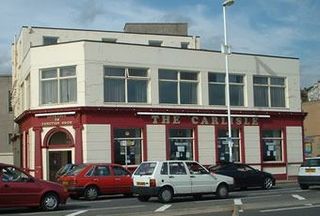
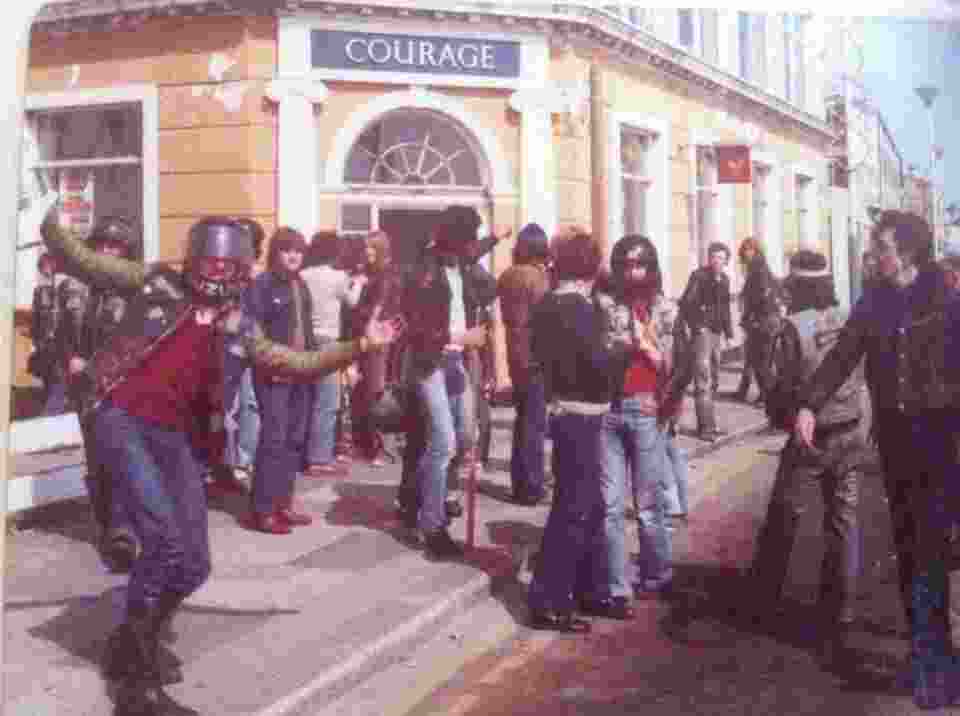
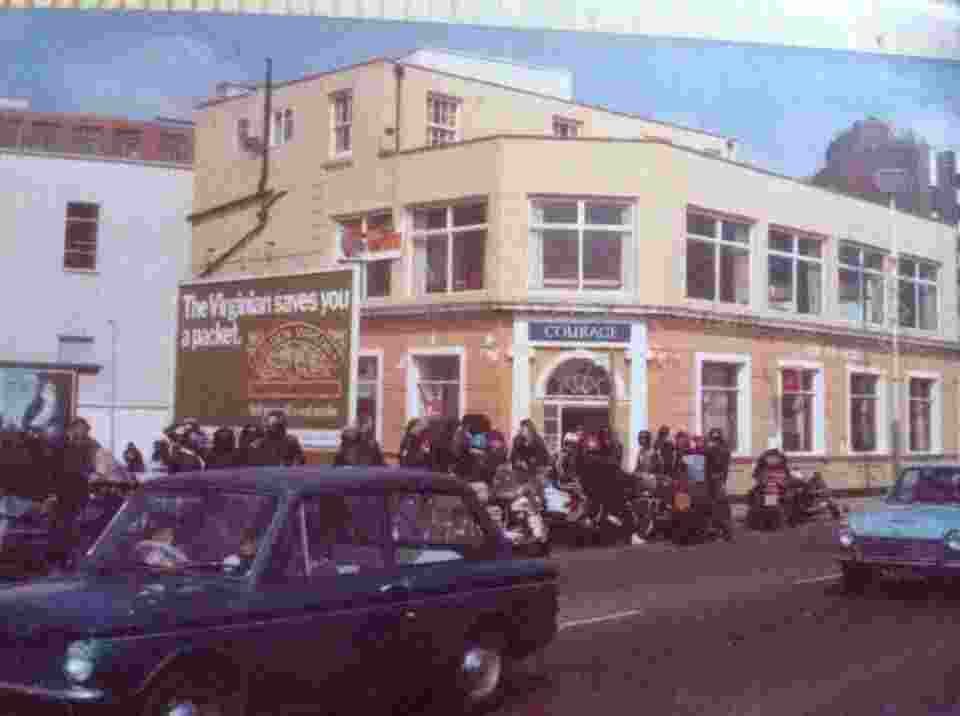
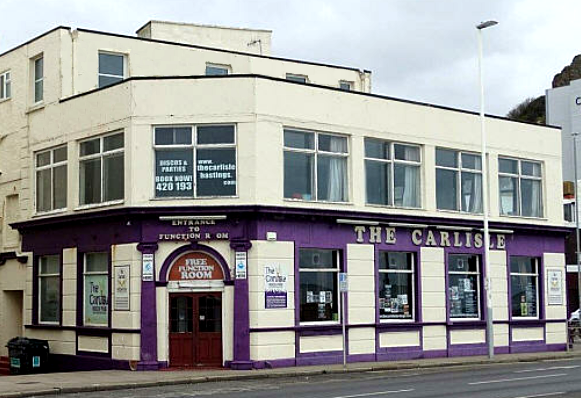
1990
In the year 1992, a storm of uncertainty swept over the beloved Carlisle Pub in Hastings. The custodians of the pub, the Hastings Borough Council, who held the keys to its fate as freeholders, delivered a grim ultimatum – the imminent closure of this cherished establishment.
However, the news of the potential loss of the Carlisle sent shockwaves through the town. In response, the community banded together and launched a passionate campaign to safeguard the pub's future. An impressive 12,000 individuals rallied behind the cause, voicing their support through a heartfelt petition.
Amid this fervor, a rather unconventional yet heartfelt gesture emerged. Kevin and Ingrid Carlyon, the esteemed high priest and priestess of British white witches, embarked on a mystical endeavor. They channeled their energy into sending out positive "thought waves" to cleanse the minds of the town council and implore them to spare the Carlisle from closure – a magical act of love for a cherished haunt.
Creativity and determination further underscored the fight to save the Carlisle. It was proposed that an old motorbike, bearing the likeness of the council leader, be set ablaze below the high tide mark on the beach. A symbolic act, resonating with the urgency of the moment.
A pivotal moment occurred during a crowded council meeting, where local artist Gus Cummins took the floor. With passion and conviction, he championed the Carlisle's unique role in the town, its vibrant diversity, and its place as a cornerstone of the community.
The battle for the Carlisle Pub raged on, the future of this cherished institution hanging in the balance.
Finally, in 1994, a momentous decision was reached. The Hastings Borough Council reconvened, and after careful consideration, they made their choice. The beloved Carlisle Pub would continue to welcome patrons, its doors remaining wide open to the diverse and colorful tapestry of life that had come to define it.
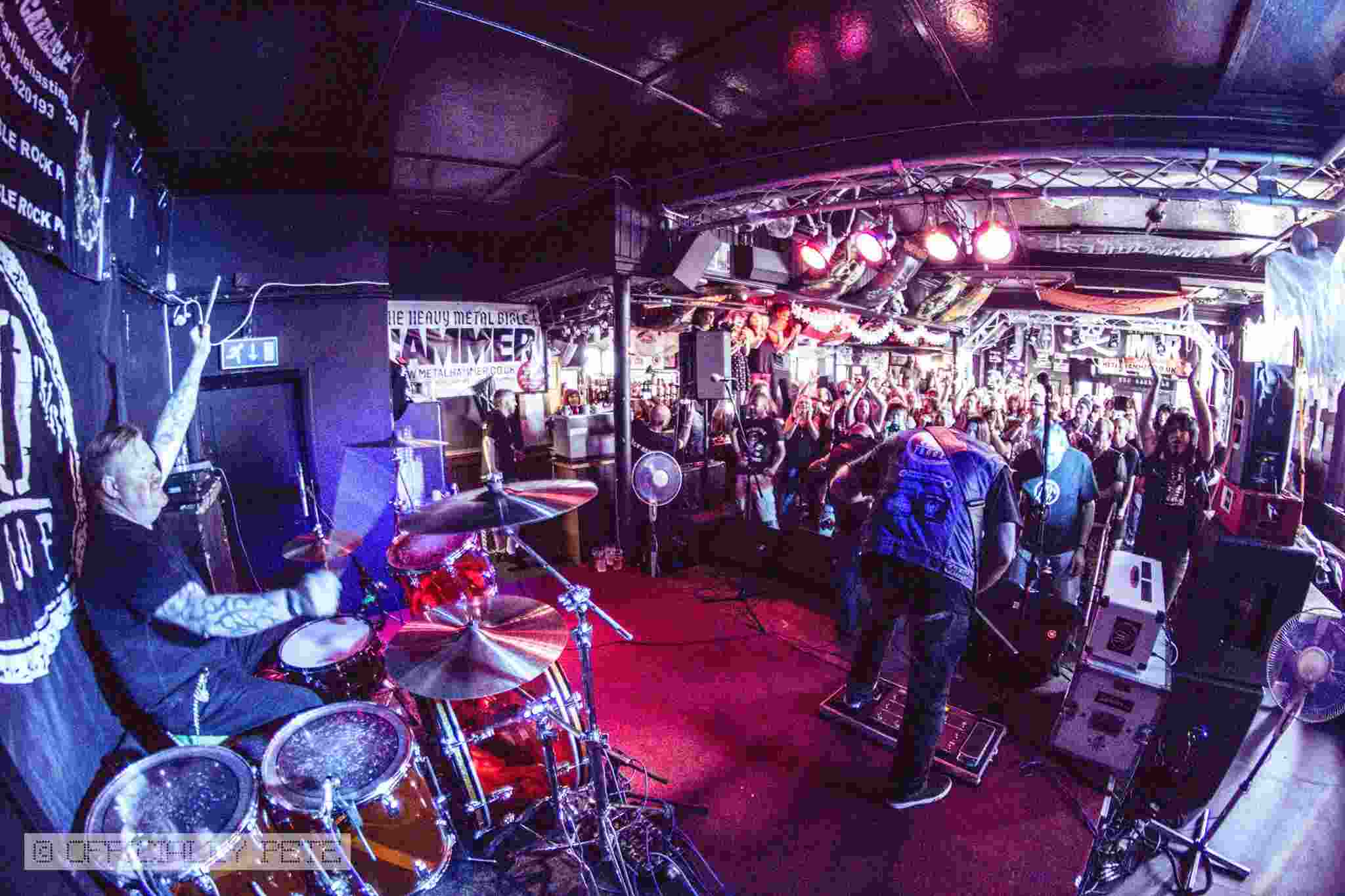
present day
With a legacy dating back through the decades, the Carlisle Pub has evolved into a contemporary hub that reverberates with the sounds of rock and roll. Its doors swing open to reveal a vibrant present where live music and a warm, inviting atmosphere have become its defining features.
This pub has earned its reputation as the heart of the community, a place where friendships are forged, and memories are made. Its welcoming spirit transcends generations, providing a space where people from all walks of life can come together to enjoy great music, conversation, and camaraderie.
As a living piece of Hastings' history, the Carlisle Pub continues to evolve, adapt, and flourish in the present day. It remains a vibrant rock haven, a symbol of community unity, and a cherished destination for bikers, carrying forward a legacy of warmth and inclusivity that has defined its history.
Content and photography kindly sourced from John Hodges, Terry Huggins and Willie Wicking.